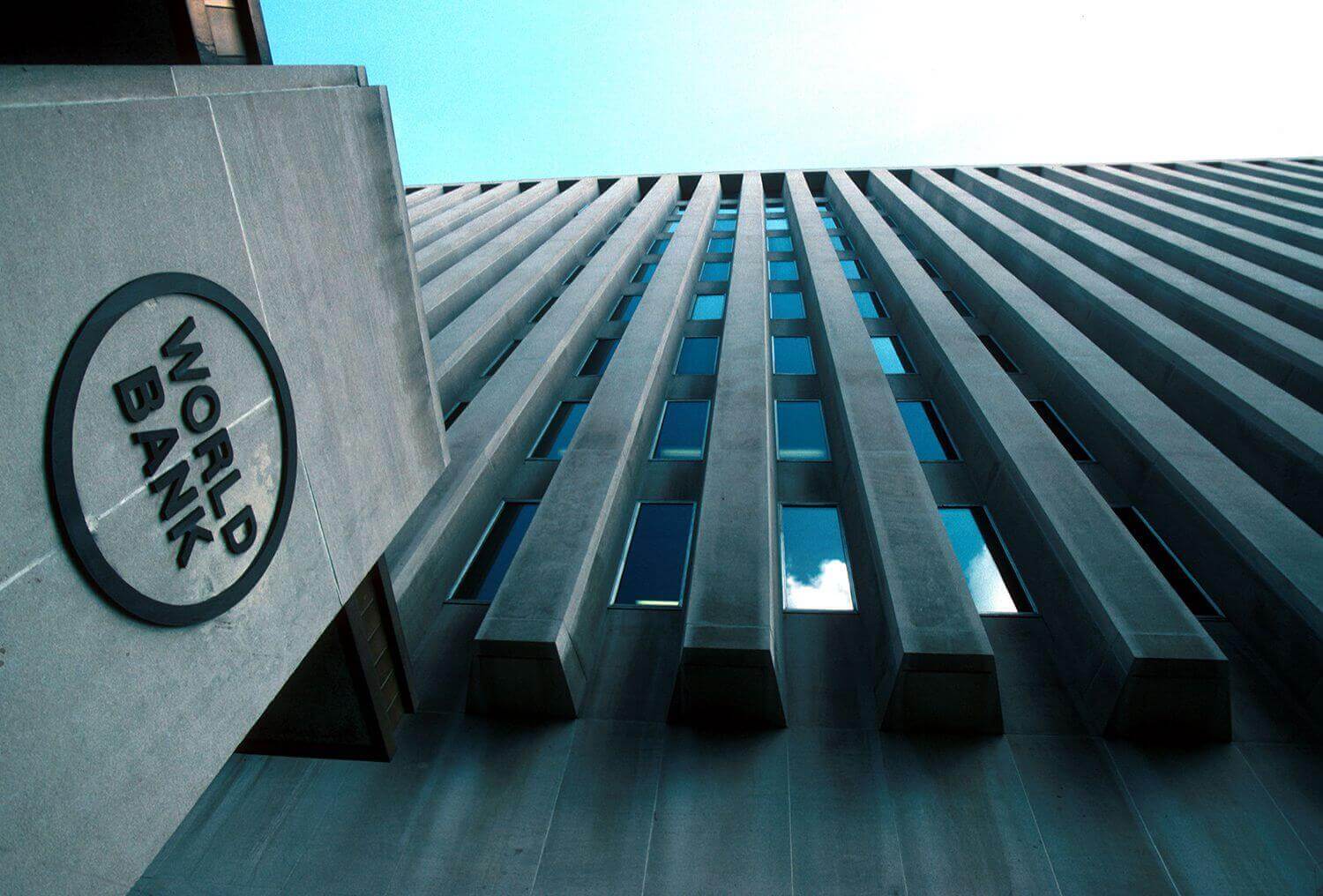The World Bank has halted the publication of its annual Doing Business reports, which ranks countries based on the ease of doing business, due to “a number of irregularities” and fraud in data reporting.
On August 27, the Bank released a statement saying, “A number of irregularities have been reported regarding changes to the data in the Doing Business 2018 and Doing Business 2020 reports. While the institution did not name the guilty parties, it said that it will “retrospectively correct the data of countries that were most affected by the irregularities.”
However, The Wall Street Journal reports that these countries include China, Azerbaijan, the United Arab Emirates (UAE), and Saudi Arabia. Saudi Arabia, for instance, curiously moved up in the rankings by 30 places from 2019 to 2020.
India appears unperturbed by these latest developments and says that is already implementing measures to increase transparency, efficiency, and reporting autonomously, independent of the World Bank’s requirements. For instance, the CEO of NITI Aayog, Amitabh Kant, said, “India’s business climate has been continuously improved, not for the World Bank’s index sake but to make India easy and simple. All of us in the government will continue to work tirelessly to ensure efficient and effective norms for MSMEs, businesses, start-ups, entrepreneurs, and make India one of the easiest countries to invest and create wealth in.” And it appears that these are not empty promises, as, under incumbent Prime Minister Narendra Modi, between 2014 and 2019, India has moved from 142nd to 63rd on the Ease of Doing Business rankings.
As far back as 2018, the erstwhile chief economist and the World Bank, Paul Romer, had already begun to sound the alarm bells on data “manipulation” in the reports due to ‘political bias.’ Aside from countries that were suspiciously ascending up the rankings so rapidly, he also pointed to countries like Chile, where, under ex-President Michelle Bachelet, the country dropped down the rankings from 33rd to 120th after the Bank implemented a new parameter to determine the “ease of paying taxes.” This suggests that the practice of data manipulation had been going on for quite some time and that certain parameters were designed to artificially inflate the performances of certain countries.
At the time, Romer was forced to resign from his post just days after making these comments, while the World Bank released a statement saying that it had conducted an audit and found no ‘political manipulation’ in the rankings. In fact, in its 2019 report, the Bank lauded countries like China and Saudi Arabia, which have now been reported for data manipulation, for their “most notable improvement.”
Several senior economists have said that the very nature of the report opens itself up to painting a highly inaccurate picture of the countries they are reporting on. For instance, the electricity sub-index doesn’t look at the cost of electricity, but the length of time taken to set up an electricity connection. However, in India, for example, it only looks at this metric in Delhi and Mumbai, where electricity is provided by private companies, which greatly distorts the picture of government efficiency.
This is an argument that has also been made by Indian economist Kaushik Basu, who served as the chief economist of the World Bank from 2012 to 2016. When India moved from 142nd to 130th on the rankings between 2014 and 2015, Basu calculated that “only four of the 12 positions that India had climbed reflected changes India had made, with the remainder attributable to changes in the DB methodology” in an article for Project Syndicate.
It remains to be seen how the countries in question will respond to these damning allegations.
World Bank Suspends Publication of Doing Business Reports Due to Fraudulent Reporting
The Wall Street Journal reports that China, Azerbaijan, the United Arab Emirates (UAE), and Saudi Arabia are among the countries listed for data “irregularities”.
August 31, 2020

IMAGE SOURCE: ANDERS PETTERSSON / GETTY IMAGESAs far back as 2018, the erstwhile chief economist and the World Bank, Paul Romer, had already begun to sound the alarm bells on data “manipulation” in the reports due to ‘political bias.’
